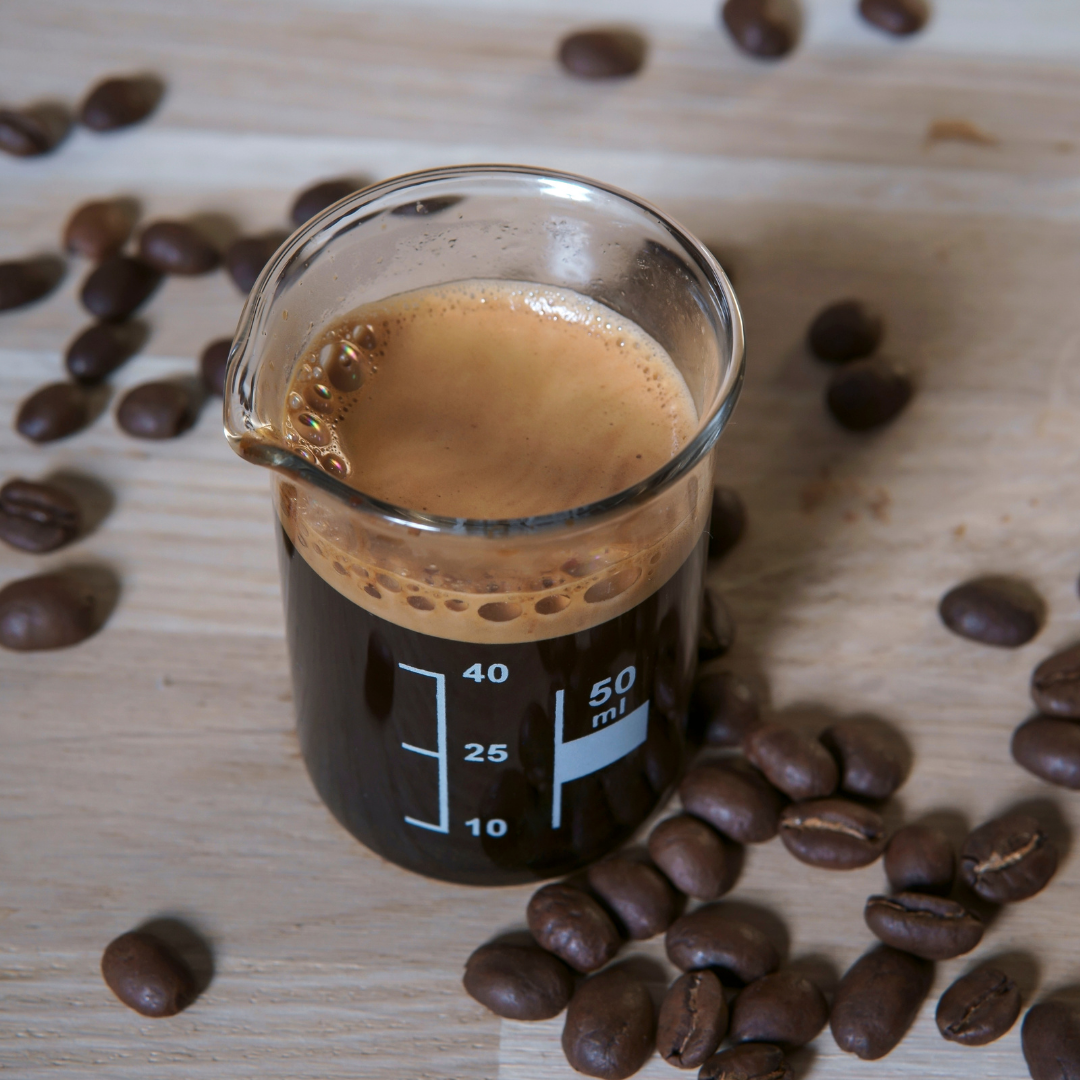Research has shown that based on the timing and the circumstances in which you drink coffee you can get two completely different effects.
If you are wondering how to get the most out of every cup of coffee, every time, read on.
Timing is the key
Scientists have found that caffeine consumption during cortisol (cortisol is a stress hormone) peak hours greatly reduces the effect of caffeine and builds greater tolerance to it in the long run.
This means that you will not get the desired effect, and you will need larger amounts in the future.
Once you wake up, cortisol levels in your body are 50% higher compared to the rest of the day.
That is why you should wait at least 1 hour with your first coffee, to give your body enough time to get to the optimal state for caffeine consumption.
Except after waking up, the human body usually reaches the peak cortisol production around 9:00 - 9:30, 12:00 - 13:00 and 17:30 - 18:30.
These periods are greatly affected by sunlight, which means your sleep schedule is not that important.
Scientifically speaking the ideal time for your first coffee would be around 10:00.
"But what if I wake up at 5:30 or 6:30?" - in that case feel free to drink coffee earlier, but try to wait at least an hour after waking up, and try to drink coffee before 8:30, so that the effect of caffeine does not coincide with the period of peak cortisol production at 9 o'clock.
The first coffee in more detail
It is recommended to drink the first coffee after breakfast for two important reasons:
-
The nutrients you ingest will slow down the breakdown of caffeine and thus prolong the positive effect.
- If you drink coffee on an empty stomach it can cause the release of hydrochloric acid in your digestive system and upset your stomach.
p.s. did you know that due to the strong adaptogenic effect mushrooms have Mushroom Cups coffee can be drunk on an empty stomach?
Moderate consumption
If you want an optimal effect that keeps you going for a long time, try small or moderate doses throughout the day.
For someone who drinks coffee frequently, a maximum of one cup every hour should work well.
Tolerance to caffeine varies from person to person, so it is best to determine the optimal amount according to your feelings.
It is not recommended to drink coffee 6 hours before bedtime.
Although individuals claim that drinking coffee a few hours before bed helps them relax and fall asleep, they are more likely to create sleep disturbances.
Poor or insufficient sleep is associated with a range of health problems and weight gain.
On the other hand, Harvard scientists have found that consuming coffee with the right timing causes a reduction in body fat.
In addition to sleep problems, caffeine intake in the evening can also cause feelings of anxiety.
Benefits of coffee consumption
Regular caffeine intake has documented benefits such as improvements in mood, memory, alertness, and physical and cognitive performance.
Caffeine can also reduce the risk of Parkinson's disease and type 2 diabetes.
Furthermore, coffee provides you with a variety of nutrients, such as magnesium and vitamin B. In addition, it is the most concentrated source of polyphenols, antioxidants and bioflavonoids in the average Western diet.
Such a diversity of health benefits is certainly one of the main reasons for its wide acceptance.
How many cups of coffee a day is safe to drink?
The amounts depend on the amount of caffeine in one cup of your coffee.
Keep in mind that the daily limit of caffeine is approx 400 mg.
The caffeine content in coffee varies greatly, depending on the bean, roasting method, and other factors, but the average for one cup is about 100 mg.

